Telstra, Medibank throw weight behind remote working as office edicts spark workplace battleground
While Amazon and Tabcorp's work from home era is drawing to a close, some are only just getting started, saying flexibility makes staff healthier.

Telstra and Medibank say remote working is here to stay for their employees, brushing off back to the office diktats from the likes of Amazon, Tabcorp and the NSW government, sparking a new type of staff class war.
The split in corporate ideology has created a fresh workplace battleground between those who offer employees the choice to work from anywhere, versus those who mandate a full-time office presence.
Amazon was the latest company to order staff back to the office. The online retail titan has more than 1.6 million employees globally, including 7000 in Australia. Chief executive Andy Jassy says the move was in the best interests of the $US1.99 trillion company’s customers and would “strengthen” its culture.
New Tabcorp chief executive Gillon McLachlan quickly announced his own edict, demanding the wagering giant’s 1000-plus staff employees return to working from the office five days a week.
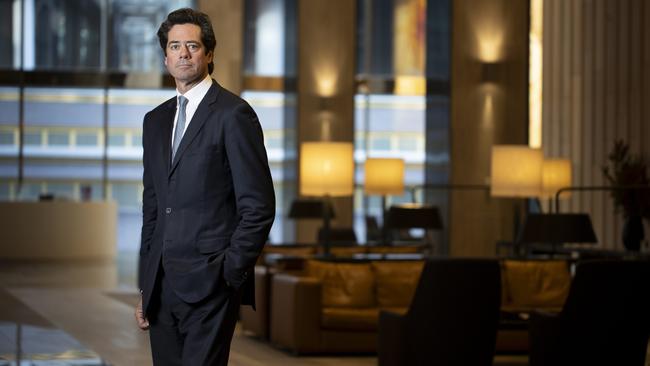
Atlassian – a $US42.45bn company which makes software that enables staff to work anywhere – slammed the office mandates as “wilfully endorsing the old way as a solution to new problems” and would not stop employees “drowning” in productivity-sapping tasks such as “endless meetings”.
But four years after Covid-19 up-ended workplaces, businesses have been eager to return to normality as they desperately seek to lift output and spur growth. For many that means returning to pre-pandemic work practices. As Mr Jassy said: “Before the pandemic, it was not a given that folks could work remotely two days a week, and that will also be true moving forward.”
For now, however, such mandates are a risky move in a tight labour market. The unemployment rate remains low at 4.2 per cent. Australia’s jobs market gained a bumper 47,500 new roles last month, locking in expectations that the Reserve Bank will keep interest rates on hold for the rest of this year even as the US Federal Reserve joined a host of central banks in cutting borrowing costs.
In Australia this means if you’re not happy with your boss demanding you return to the office, you can effectively switch jobs for an employer who offers more flexibility. It’s similar advice that former treasurer Josh Frydenberg gave to Australian workers looking to earn more money in early 2022. “Unlike some other countries, we are seeing a ‘great reshuffle’ rather than a ‘great resignation’,” he said.
To this end, Medibank people, spaces and sustainability boss Kylie Bishop said the health insurer’s flexibility and hybrid working model was a “key differentiator”.
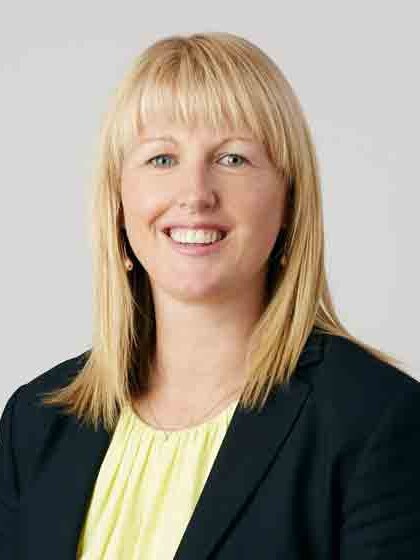
“We empower our people to make decisions on where and how they work, based on what they are doing and where it’s best to get that work done,” Ms Bishop told The Weekend Australian.
“People want choice and control to manage both work life and their personal life, and that’s what we’re focused on. We know that flexibility and work life balance have a tremendous impact on the lives and the health of our people, and we’re constantly looking at ways to create even greater flexibility and invest in their health and wellbeing.
“We also know that healthy employees are much more engaged and productive in the workplace.”
Ms Bishop – who has been overseeing a four-day working week trial with no loss of pay – said staff were less stressed when they had more flexibility about where they worked.
“We’ve got a big and ambitious 2030 vision to create the best health and wellbeing for Australia. Being the healthiest workplace in Australia is a key marker of our success.
“We’re in the midst of a health transition and Medibank has an enormous role to play. Our health system needs innovation and we all need to move faster to respond. Key to this is transforming how we work.
“Across our entire organisation, we’re experimenting with different ways of working and challenging traditional workplace norms so that we can better respond to customer needs and improve our people’s experience of work. And we’re seeing the benefits – customer advocacy is strong, our employees are highly engaged and they consistently rate Medibank highly as a great place to work.”
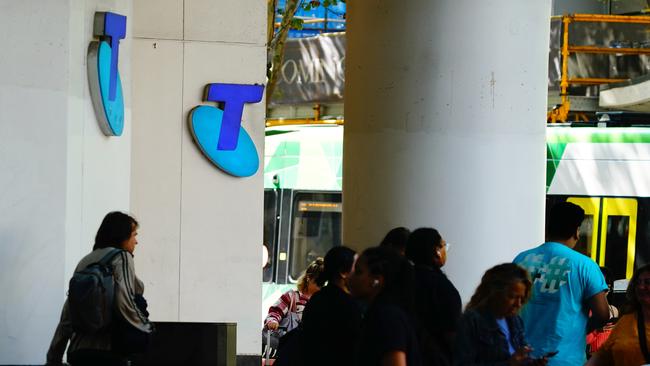
Ms Bishop’s counterpart at Telstra, Niki Rose, agreed, saying: “We know our people are at their best when they have choice.
“Our view on hybrid working hasn’t changed and our approach continues to support our people to work where, when, and how they are the most engaged and productive. For many, this is a combination of working from home, from our major hubs, even from a local office or anywhere.
“Flexibility and choice have long been core to how we work here at Telstra – and our people have told us how much they value it. At Telstra, we are all-in on hybrid. For us work is a thing you do not a place you go,” she said.
But an estimated 60 per cent of workers cannot do their job from home because they need to be physically present to perform their duties, such as medical staff and tradies.
Former Bupa chief executive Hisham El-Ansary highlighted this problem early last year. “It’s fine when you are contemplating an office worker and you say ‘well, you can work whenever you want, you know, here are the outcomes you have to deliver and if you can do it in four days, great’. But how do you translate that to the more than two thirds of our people who are on the front line?” he said.
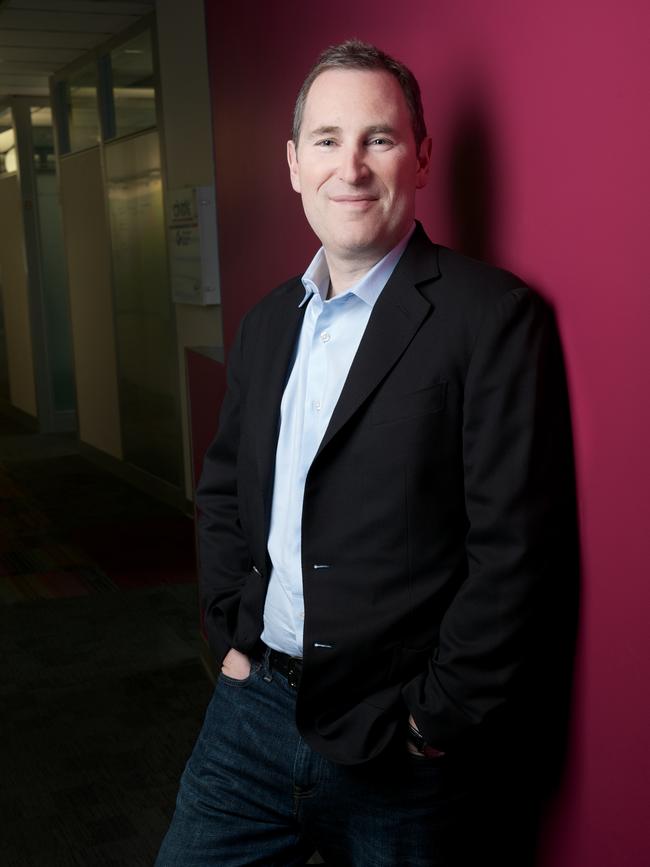
The pandemic created a split between those workers and desk-bound staff, who found working from home was doable and had many benefits. But this came at the expense of small businesses, such as cafes in CBDs, who suffered as employees axed the commute.
Where Amazon is based in Seattle – with its headquarters taking up several city blocks and hosting more than 50,000 employees – the effect of staff working from home risks turning the city into a ghost town, which appeared to be front of mind for Mr Jassy when he wrote his back to the office memo.
For him, working in the office, in a way, also helps the tech titan meet its environment, social and governance obligations.
“I’m also optimistic that this shift will provide a boost for the thousands of businesses located around our urban headquarter locations in the Puget Sound, Virginia, Nashville, and the dozens of cities around the world where our employees go to the office. Our communities matter to us, and where we can play a further role in helping them recover from the challenges of the last few years, we’re excited to do so,” Mr Jassy wrote.
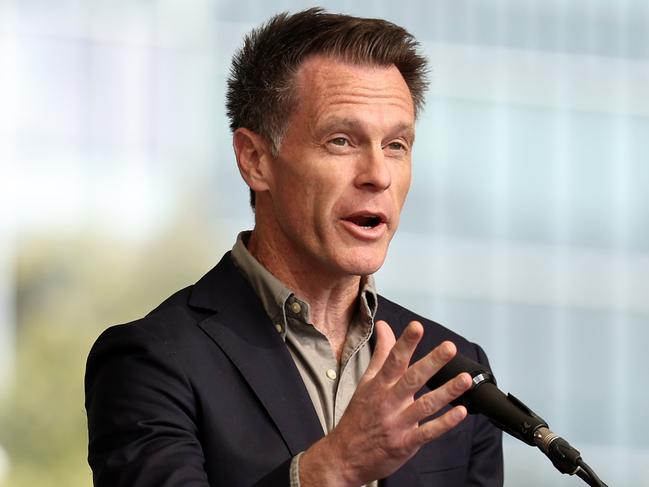
Indeed, businesses in the Sydney CBD have pushed for an end to working from home, with office attendance rates still affecting trade midweek as late as August. Simon Draper, the secretary of the NSW Premier’s Department, acknowledged that the NSW public sector was the largest workforce in the country and said the government sector had “a higher purpose in building and replenishing public institutions”.
Mr Draper, sent an email to all government departments last month, stating that employees were expected to fully use office accommodation “across the whole working week”.
The “starting position”, Mr Draper said, was that “government-sector employees should work principally in an approved office, workplace or related work site”. Individual agencies will still need to “develop their own policies to implement this circular and progressively implement these changes”.
“Regardless of your own circumstances, I ask that everyone work with their colleagues and agency leaders to adjust, just as we did when working from home was suddenly mandated four years ago,” Mr Draper wrote.
More Coverage
Originally published as Telstra, Medibank throw weight behind remote working as office edicts spark workplace battleground




